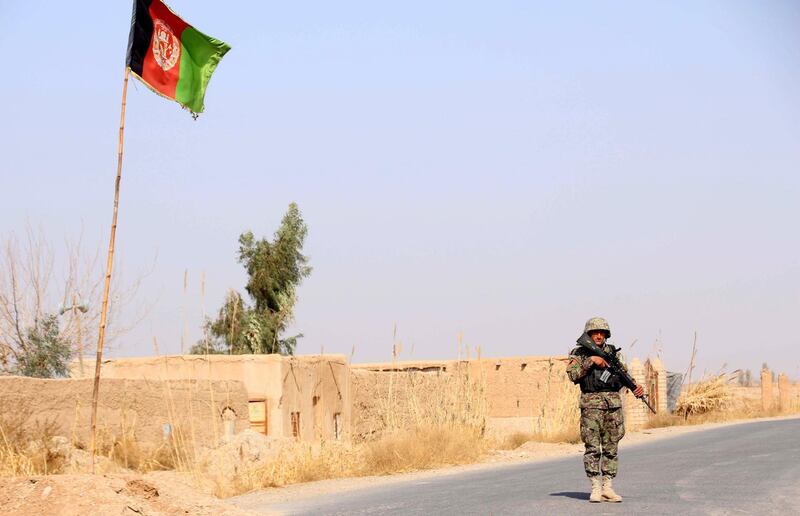The deputy chief of the Pakistani Taliban has been killed in a US drone strike, the militant group said in a statement on Monday, as Washington continues to intensify attacks along the Afghan border region.
Khalid Mehsood, deputy leader of the banned umbrella Tehreek-e-Taliban Pakistan (TTP), died after a pre-dawn strike in North Waziristan tribal agency on February 8, the militants said.
The TTP, a faction of the Pakistani Taliban, has been blamed for dozens of attacks including an attack in December on an agriculture university in Peshawar. Nine people were killed and 35 wounded.
The group's leaders have nominated Mufti Noor Wali Mehsud to take his place, the statement said, adding that Mehsud has "undeterring trust" in Pakistani Taliban leader Maulana Fazlullah, who is believed to be in hiding in Afghanistan.
Wali, like his predecessor, would lead militants in South Waziristan, a rugged mountainous region on the Afghan border which has long been home to Pakistani, Afghan and Al Qaeda-linked foreign militants.
Wali, known by the nickname Ghar Starga, is a ruthless leader with experience working in Pakistani urban areas including the southern city of Karachi.
US officials in Islamabad had no immediate comment. Much of the border with Pakistan's northwestern tribal areas is off-limits to foreign journalists, and strikes along the porous frontier are difficult to verify.
In 2014 the Pakistani military mounted a major offensive against the militants, forcing many of them to withdraw into Afghanistan.
The statement follows a massive increase in US air offensive in eastern Afghanistan, targeting Taliban drug labs and ISIL hideouts as President Donald Trump looks to the sky to force the insurgents to the table.
But militants have reacted violently, launching a wave of deadly attacks across the war-torn country, including in Kabul, in a devastating display of defiance.
Officials admit the US strategy is not without risk, and the longer it runs the more costs will accrue.
More bombing almost invariably means more civilian casualties, which could further mobilise Afghans against the United States.
_______________
Read more:
US adding air power, intelligence gathering in Afghanistan





